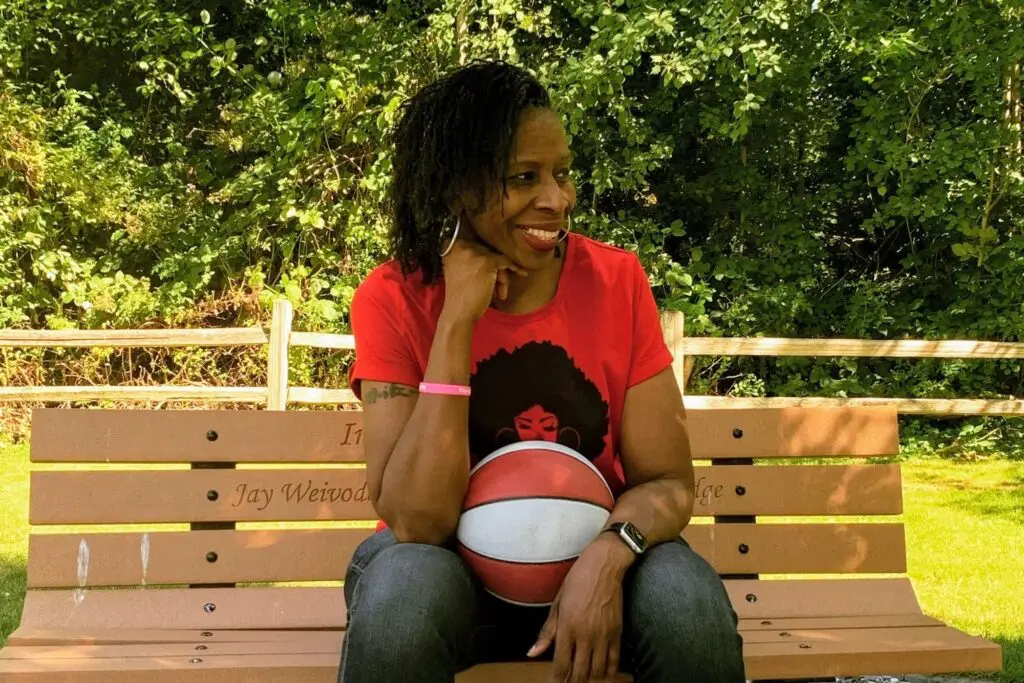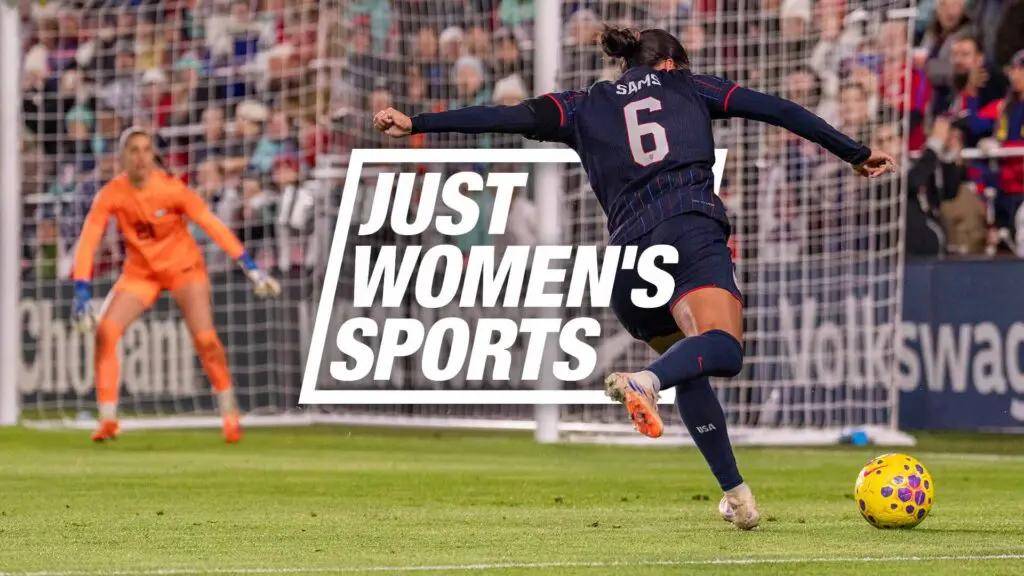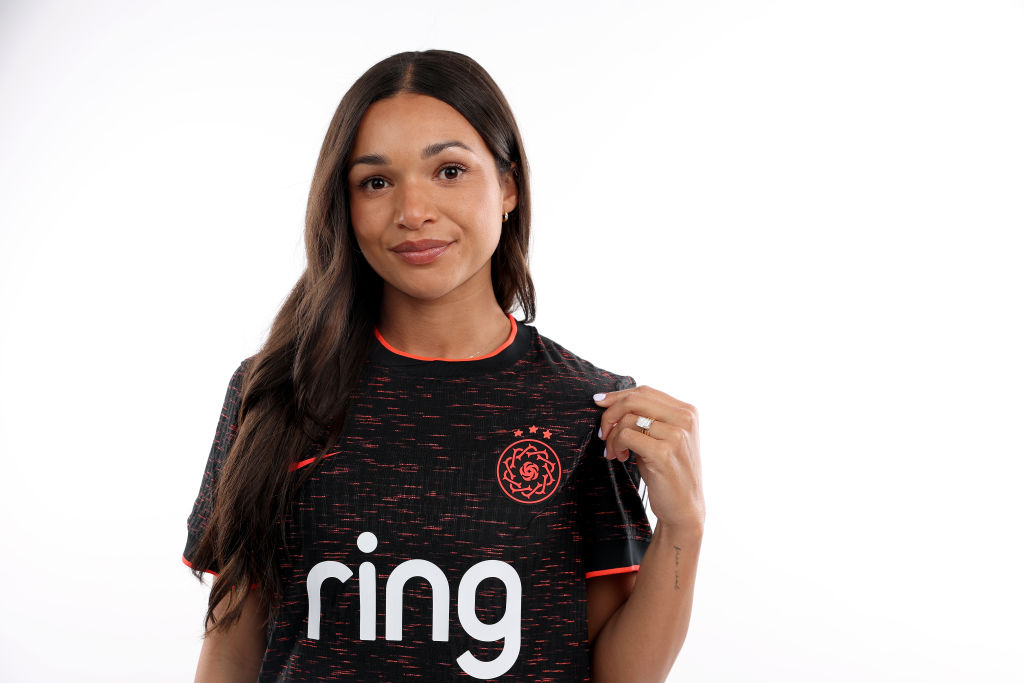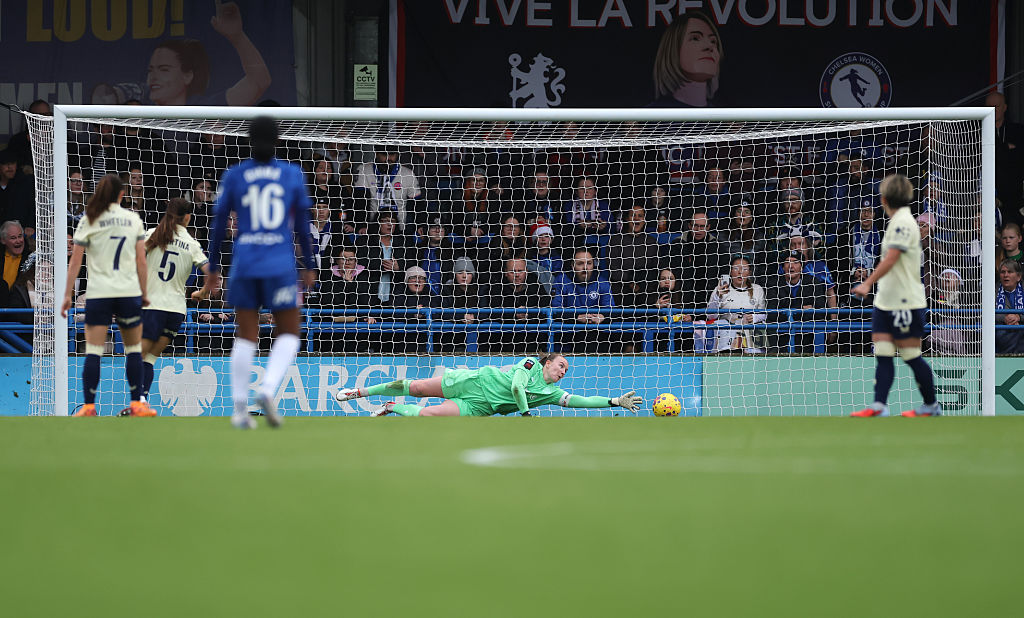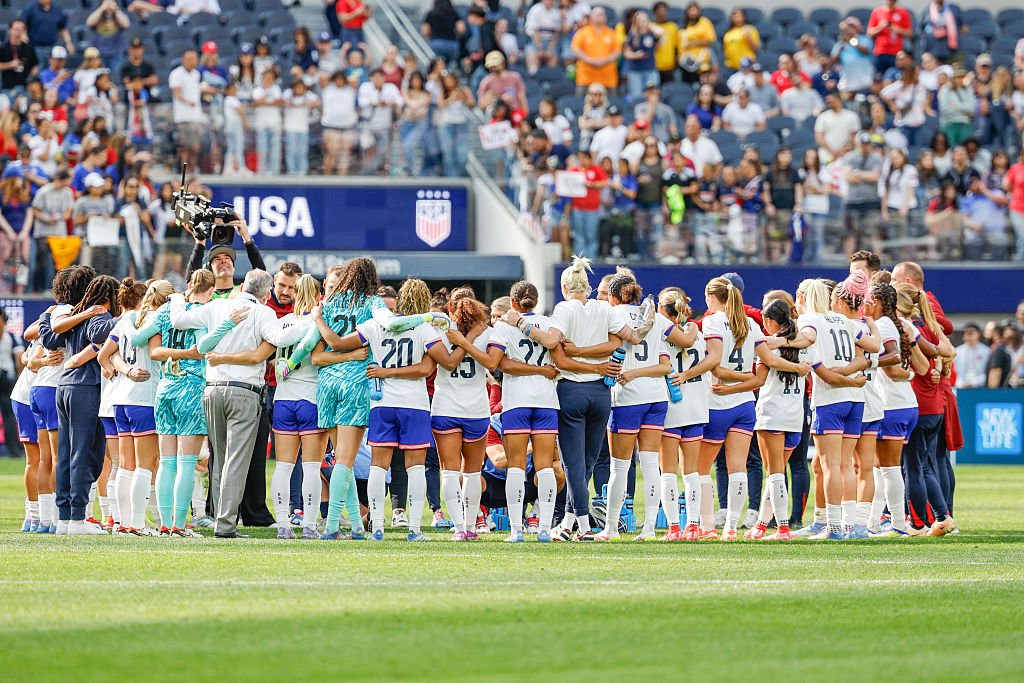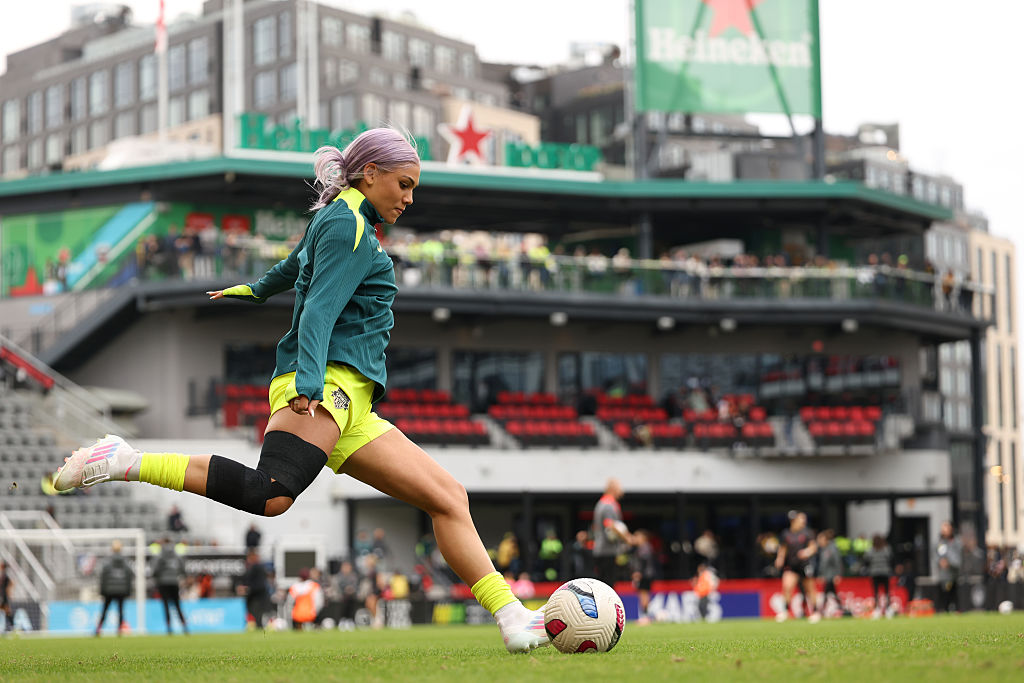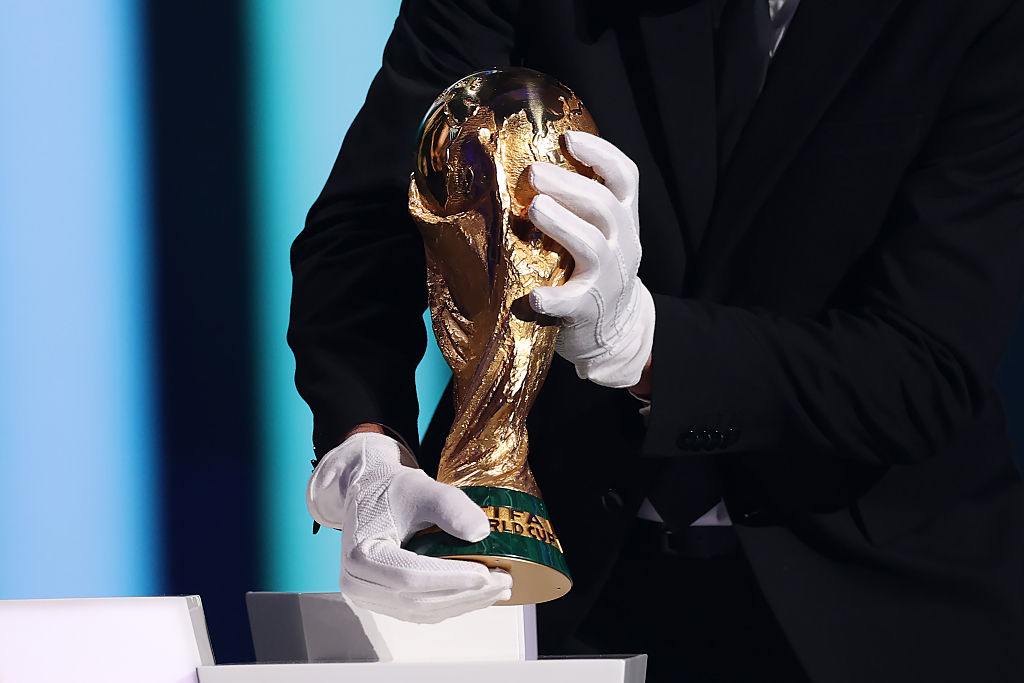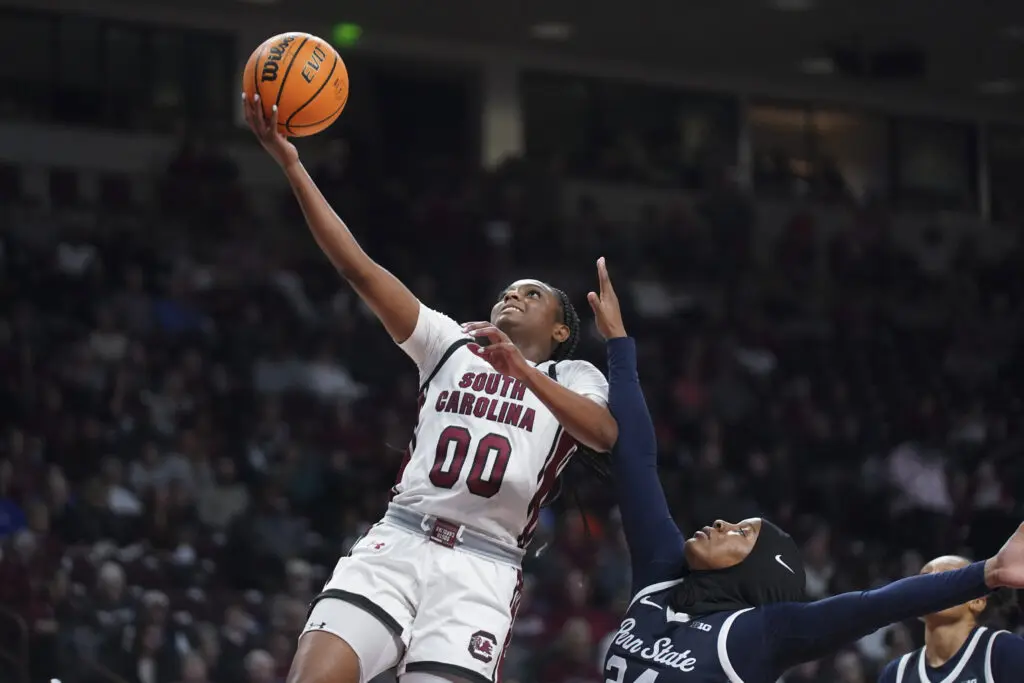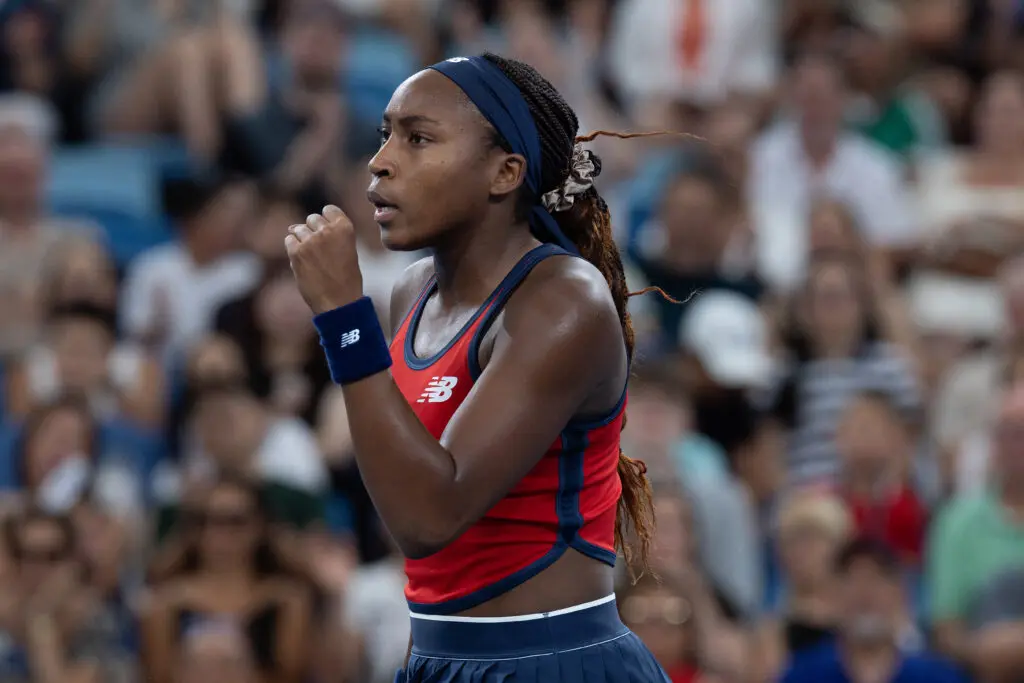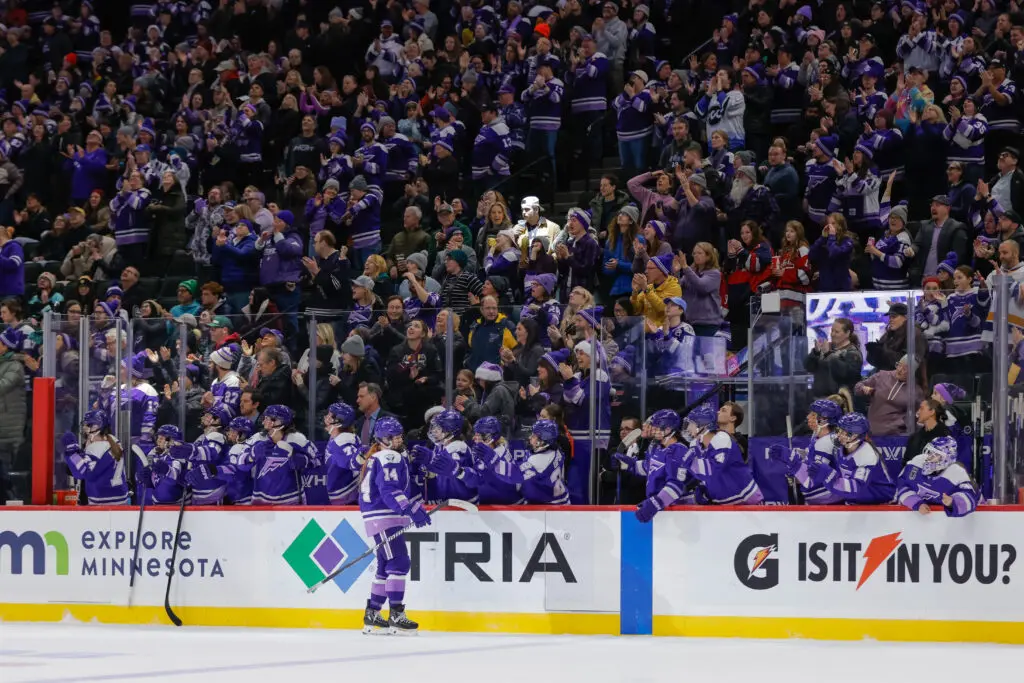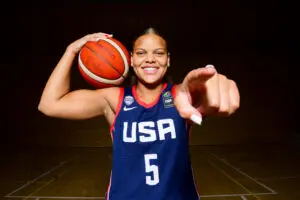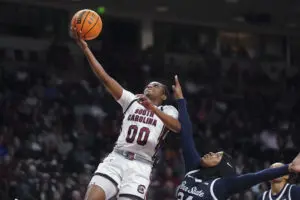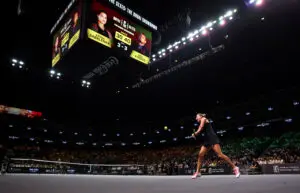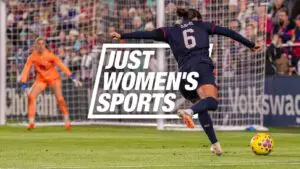Val Whiting opens the first episode of her podcast “Stay Fierce With Coach Val” with a harrowing story.
“I remember when I hit rock bottom,” she begins.
Whiting, a two-time national basketball champion at Stanford in the early 1990s, says at her lowest point she didn’t want to be a mother anymore, she didn’t want to be Val anymore, she didn’t want to live anymore, and she was on the run, unaware of where to turn. This, she tells her audience, is the tale of her second psych hospitalization.
“My mental health, I didn’t understand what was going on with me, and I kind of just ran away and I was suicidal,” Whiting tells Just Women’s Sports. “I have been hospitalized in the psych department three times in my life, and it’s eye-opening because you get to see what other people are going through.”
Whiting was first confronted with depression during her debut season with the Detroit Shock in 1999. The basketball star joined the WNBA after a standout career with the Cardinal and successful stints overseas and with the American Basketball League.
On a pre-med track at Stanford, Whiting’s original plan was to compete abroad and then return to the States to attend medical school. When women’s professional basketball became a feasible option in America, however, Whiting pursued it.
“I went to Detroit and struggled, and in the middle of the season, I developed depression, which I do not remember why it came on. I was on and off the injured reserve, and then the next season I took off because of depression,” Whiting recalls. “One game, I was on the bench, and the coach looked at me to go in, and I was like, ‘Nope, I don’t want to go in.’”
After getting married and having a child, Whiting left Detroit and joined the Minnesota Lynx. She played in 26 games for the Lynx in 2001, starting 15 of them, and six more in 2002 before quitting the WNBA.
“I don’t think I was totally myself,” she says. “I wasn’t totally healed mentally, and honestly, didn’t do the work I needed to do with medication and therapy. Or if I was on medication, I was feeling good and then taking myself off.”
At the time, it was believed that Whiting was taking time off for personal reasons. After a series of incorrect diagnoses, Whiting was finally diagnosed with Bipolar II disorder well after her WNBA career ended.
“I probably played my whole basketball career with undiagnosed bipolar depression, and I didn’t get diagnosed until roughly 10 years ago,” she says. “So, I think it was part of the up-and-down cycle.”

It wasn’t until 2020 that Whiting spoke publicly about why she stepped away for a season and eventually left the WNBA. She revealed her struggles with mental illness on TikTok.
“When I came out, I guess I helped a lot of people talking about it. I didn’t think it was brave,” she says. “It felt good to say it out loud and not be so embarrassed.”
With the same candor on her podcast, Whiting details her experience running away from home and being hospitalized for the second time. She remembers the treatment center feeling like a “vacation,” finally giving her a chance to rest and concentrate on herself.
The hardest part was that other patients recognized Whiting in the small state of Delaware.
“I couldn’t be anonymous while I was in there,” she says. “I was already embarrassed about being there and having the stigma of being mentally ill that I was just scared.”
Once Whiting moved past her own shame over the diagnosis, she was able to begin the therapeutic process.
“When you hear those things, you feel really flawed, and it took me a while to really lean into treatment and being on medication,” she says. “People picture you having two different personalities, and it’s not really that. Misconceptions that we are unstable and we’re crazy and something can set us off, and that’s not it.”
As an athlete, Whiting says she was used to concrete rehabilitation timelines. A sprained ankle meant 7-10 days off the court. An ACL tear would take a year to rehab and heal. Unlike physical injuries, recovery from mental illness is unpredictable.
“There is not a formula on mourning. There is no formula on healing out there. I think we get into the comparison syndrome. You see someone else is doing well — ‘She came back from this, why can’t I come back?'” Whiting says. “At least for me, I put pressure on myself. From my last hospitalization in 2012, I want to say it took me five years for me to feel like myself again. It took that long.”
During her recovery process, there were long stretches when Whiting says she was unable to work, afraid she might “crack” again. Slowly, Whiting focused on what she needed to do to heal.
Now, Whiting hopes her vulnerability about her own journey can help others in similar positions.
“Right now, I am stable. I’m in therapy. I take medication,” she says. “I just want people to not go through what I went through. I feel like I waited until things got super bad and I just snapped.”
Whiting’s voice on the subject is critical as the nation faces a mental health emergency following years of isolation due to the COVID-19 pandemic. In December, the U.S. surgeon general warned of a mental health crisis among America’s youth in a 53-page document, citing significant increases in self-reported depression and anxiety as well as emergency room visits for suicide.
Also this year, the women’s college sports community has been reeling from the suicides of Stanford goalkeeper Katie Meyer and James Madison catcher Lauren Bernett, renewing calls for more mental health resources for student-athletes.
Whiting’s message to those struggling is to not feel ashamed, as she did when dark thoughts first started to creep into her head, and instead to seek help freely. While the stigma surrounding mental health has changed drastically since Whiting’s playing days, the sports culture still has a long way to go.
“My coach, Tara VanDerveer at Stanford, she is a totally different coach that she was when I was playing,” Whiting says. “I have teammates that are assistant coaches for her now, and I think people like that are making a better effort to see the athlete holistically and just not as, this is your job.”
Whiting, now a mental mindset coach for young athletes in women’s sports, is passionate about providing them with the resources she didn’t feel she had at their age.
“When you quit your sport, your self-worth is tied to that sport. And if you grow up in a way … with a coach that looks at you as more than just a player, your transition will be a lot healthier,” Whiting says. “At least for me, my transition was tough because basketball was all that I thought that I was, and that was taken away.”
Whiting hopes sport can be a model for mental health awareness, starting with teams having a sports psychologist or therapist on staff as a professional support system for their athletes.
“People go through things, and it’s our job to be there for them but also be cognizant of what symptoms could be and know that they may not look like what you think they are going to look like,” she says.
One of the most complex and tragic parts of mental illness is that someone who’s suffering doesn’t always show it publicly, and can seem content even to those closest to them. Whiting encourages friends, family members, teammates and coaches to get out ahead of it as often as they can, in an effort to prevent more tragedies and mental health crises.
“Someone who is struggling with a mental illness may not look the way you think it is going to look,” Whiting says. “Constantly check in on your loved ones and how they are doing. And don’t just ask how you’re doing — really get deep in there and ask those questions.”
Note: If you or someone you know is having thoughts of suicide or is in emotional distress, contact the National Suicide Prevention Lifeline at 1-800-273-8255 or text HOME to 741741 to connect with a trained crisis counselor.
Clare Brennan is an Associate Editor at Just Women’s Sports.
